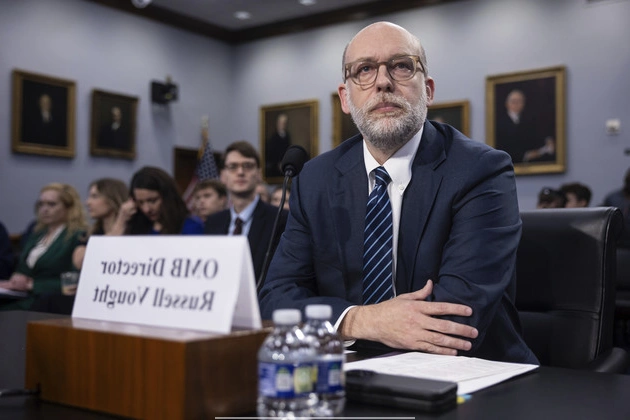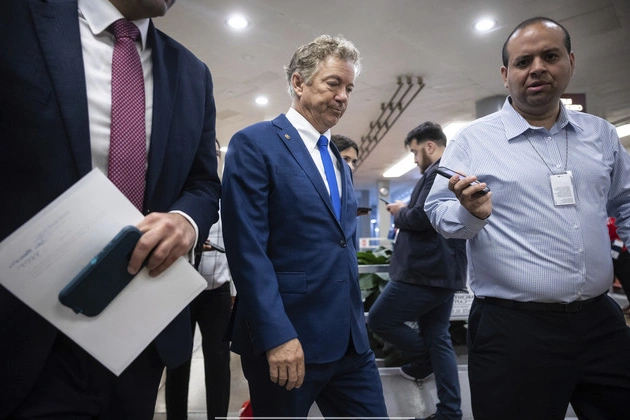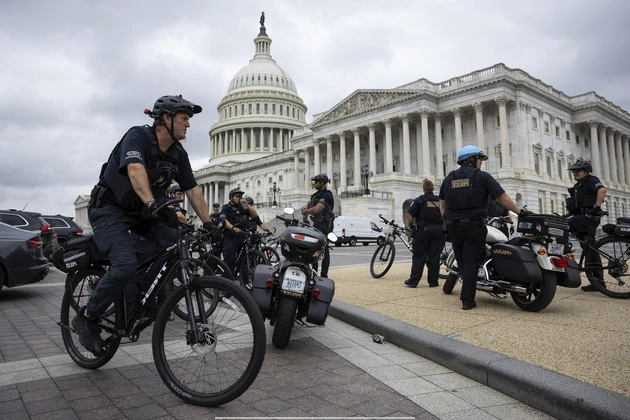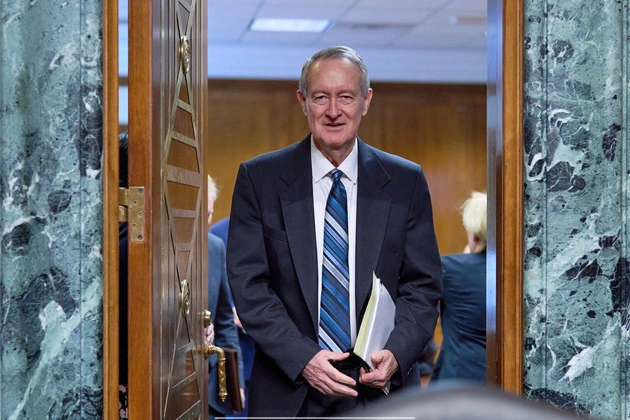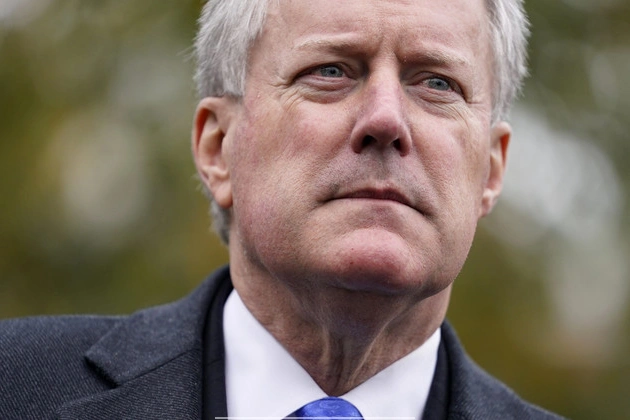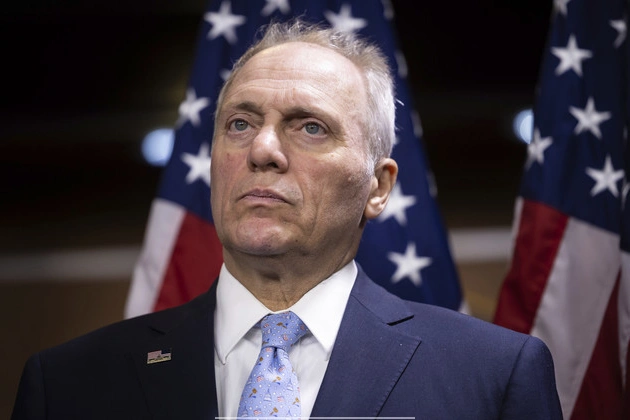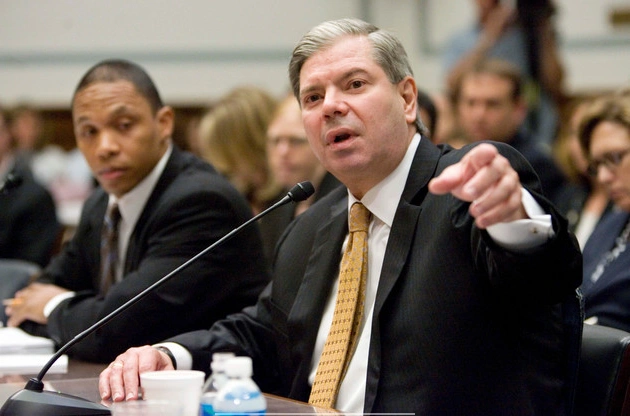
The Government Accountability Office Under Fire
The independent Government Accountability Office has served Congress as the nation’s chief investigator of wrongdoing at federal agencies for more than a century. Now, it’s under assault. The typically uncontroversial, under-the-radar agency is fighting to retain power against attempts by Republicans in the Trump administration and on Capitol Hill to undercut its legal conclusions and independence — an onslaught that has been fast and furious.
First, Elon Musk’s Department of Government Efficiency contacted GAO to assign a downsizing team there, despite the agency being housed within the legislative branch and therefore not subject to an executive order granting DOGE access to most other federal operations.
Then, last week, Senate Republicans disregarded GAO guidance and nixed waivers allowing California to set its own pollution standards, even after the watchdog concluded that the Senate couldn’t do that under a simple-majority threshold.
Capping things off before the long holiday weekend came a social media post from White House budget chief Russ Vought, publicly belittling the agency for its findings that the administration illegally withheld money Congress had previously approved for supporting electric vehicle infrastructure. It’s one of at least 39 separate GAO inquiries into whether the White House flouted the 51-year-old law preventing presidents from circumventing Congress’ ‘power of the purse.’
“They are going to call everything an impoundment because they want to grind our work to manage taxpayer dollars effectively to a halt,” the Office of Management and Budget director wrote on social media. “These are non-events with no consequence. Rearview mirror stuff.”
Vought also claimed that GAO had played “a partisan role” in the “impeachment hoax” of Donald Trump’s first presidency, referencing the House’s vote in 2019 to remove the president ahead of GAO’s conclusion that the administration violated the same ‘impoundment’ law by withholding aid to Ukraine.
Sen. Mike Lee piled on a day later. “GAO has lost credibility as an independent body,” the Utah Republican wrote on social media, reacting to Vought’s criticism.
Taken together, these events show the extent to which Republicans are increasingly willing to denigrate an agency that has frequently validated their policies and positions, while sometimes delivering findings conservatives don’t like. And this political posture could upend the relationship members of both parties have had with GAO for decades.
“There are senators serving in this chamber, Republicans and Democrats, who have made use of the exact same process by going to the GAO,” said Sen. Adam Schiff (D-Calif.) in a floor speech. “There have been more than 20 different opinions delivered by the GAO at the request of Republican senators and members of Congress in the last three decades.”
Funded as part of the legislative branch and falling under congressional oversight authority, GAO is the federal government’s chief audit agency. The nonpartisan organization also provides detailed policy analysis and evaluates programs at the direction of Congress, along with responding to congressional requests for investigations.
Just this past week, at least one House Republican cited a GAO report to justify some of the provisions in the House Republican domestic policy bill the party is counting on to enact broad swaths of Trump’s domestic agenda.
Comptroller General Gene Dodaro, the head of GAO, has been making the rounds on Capitol Hill in recent weeks to justify his agency’s fiscal 2026 budget request to appropriators. Describing his office’s interaction with DOGE as part of his testimony, Dodaro said GAO is “engaged with some of the Department of Government Efficiency efforts” and that DOGE is “actually using our recommendations to help carry out their activities.”
But GAO also turned DOGE down when it tried to bring in its downsizing crew, asserting a level of independence that could continue to embolden Republicans to buck the office.
The fight over repealing the California emissions waivers, for instance, was at one point shaping up to be a battle against Republicans and the Senate parliamentarian, who backed up GAO findings that the Senate couldn’t repeal them with a simple-majority vote. Republicans, however, avoided a vote to directly overrule the parliamentarian by framing the debate as an example of GAO making a politically motivated decision — not as defying the parliamentarian and challenging institutional norms.
Lee was among the Senate Republicans to quickly fall in line. While he previously noted that the California waivers were not subject to reversal under the Congressional Review Act, he later went on to accuse GAO of “sacrificing its credibility.” The lawmaker also accused the watchdog of “acting well outside its mandate” by stepping into the California emissions fight after the Trump EPA submitted them as a rule.
GAO is going to continue to find itself in politically perilous situations. While Trump doesn’t have to worry about the agency bolstering impeachment efforts in a GOP governing trifecta, the watchdog’s findings on potential impoundment violations can be cited in lawsuits across the country against the administration for freezing federal funding.
The agency’s legal rulings could also influence those congressional Republicans who are increasingly getting fed up with the president’s disregard for Congress’ funding authority. Staring down another government shutdown cliff at the end of September, top Republican appropriators are already alarmed that the White House won’t rule out withholding federal cash the GOP-led Congress clears for the upcoming fiscal year.
And while GAO is a legislative branch agency, Trump has the ability to dismiss its leader, akin to his firing of Librarian of Congress Carla Hayden.
GAO spokesperson Jasmine Berry Franklin said in a statement that agency officials “stand behind the quality of our work.”
The watchdog’s mission is to deliver “non-partisan, fact-based information to Congress, to help it carry out its constitutional legislative, appropriations, and oversight functions and protect the power of the purse,” she continued. “Our legal decisions do not take a position on the policy goals of a program, they only examine the procedural issues and compliance with the law.”
At a recent congressional hearing, Dodaro also stressed that GAO doesn’t want to be in the partisan crosshairs, has no interest in having political sway and is committed to its mandate to respond to requests from lawmakers with the facts.
“We’re just responding to help Congress,” Dodaro said. “We’re not trying to influence things one way or the other. We’re nonpartisan. We’re asked a question; we give an answer. It doesn’t matter who it is.”






